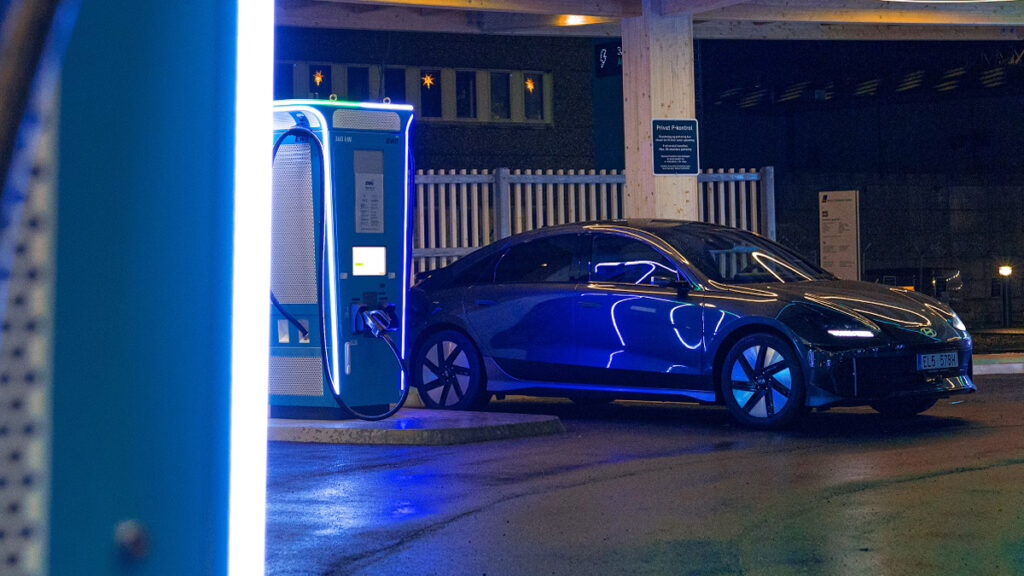The debate over gas cars, clean energy, electric vehicles (EVs), and air pollution has been going on for years. Some people believe we need to switch to clean energy and EVs as soon as possible to slow down global warming. Others argue that banning gas-powered cars won’t actually solve much and could even end up creating new problems. California has been leading the push toward EV adoption by planning to cut back the sale of gas-powered cars significantly in the coming years in favor of electric alternatives. But recently, that plan ran into serious opposition in Congress. The Senate voted to overturn California’s mandate, which sets back not just California but also 11 other states that chose to follow its stricter emissions standards.
States like New York and Washington planned to require that 35 percent of new cars sold in 2026 be zero-emission vehicles. Other states like Maryland were preparing to implement the same rule starting in 2027. Automakers have raised concerns about these targets, saying they are tough to meet within such a short timeframe.
California Attorney General Rob Bonta isn’t backing down. He says Congress doesn’t have the power to cancel the EPA waiver that allows California to set its own car emissions rules, including standards for EVs.
On the other side, some lawmakers are worried about how the mandate will affect everyday people. State Senator Tony Strickland, for example, has argued that the rule would make living in California more expensive. He believes that forcing people to buy electric vehicles they can’t afford isn’t the right approach.
People online are pretty divided about the news. Some are completely against the EV rule, calling it unnecessary and too much of a burden. One Reddit user said, “EVs are still f*** awful for anyone who does any kind of adventure travel. Good luck taking one over mountain passes in winter, your battery will drain fast, and charging stations are scarce outside big cities.”
Others were frustrated with Congress overturning the EV mandate, saying it shows how much influence the oil and auto industries have over politics. One commenter wrote, “The oil industry is basically running the federal government now. Same people who don’t care at all about wrecking the planet.”
Ultimately, this is a complicated issue. Supporters of the EV mandate want to cut carbon emissions and reduce pollution, which is a goal worth recognizing. At the same time, those who oppose the rule raise valid concerns about affordability, infrastructure, and practicality.








